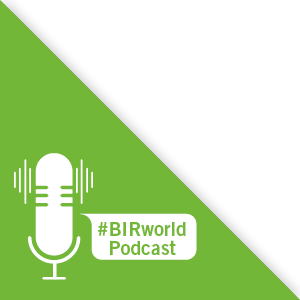Ever since the major lockdowns started to ease globally by mid-2020, the world economy began showing an improvement. With demand robust and supply tight, price charts reflected only upward movements for all the major commodities. Scrap performed in line with the rest, with rising trends for all ferrous and non-ferrous metal prices.
Throughout this period, Pakistan remained a key market for sellers of ferrous and non-ferrous scrap. The government’s friendly policy towards importing industrial raw materials made it attractive for businesses to book scrap to satisfy their production needs and to cater for rising demand, further boosting prices on the international markets. Tight scrap supply was also helping this situation.
Positive news about COVID vaccines in late 2020 and new Chinese regulations easing CCIC rules pushed the markets to a peak. Scrap supply became smoother in late December and early January, but high prices eventually caused a demand reaction in Pakistan and, by mid-January, markets began to cool and ferrous prices fell. However, non-ferrous metals remained strong and steady amid consistent demand.
If government policies continue to favour raw material imports, another steady run in the market is likely and Pakistan will gain even more prominence in the global market. At the same time, however, the public want to see more government action to ensure the COVID vaccines are made widely available in order to help eradicate the pandemic and allow people to resume their normal lifestyles.

Aamir Malik
A.B.M. Corporation (PAK), Board Member of the BIR Non-Ferrous Metals Division
Country
 Pakistan
Pakistan
